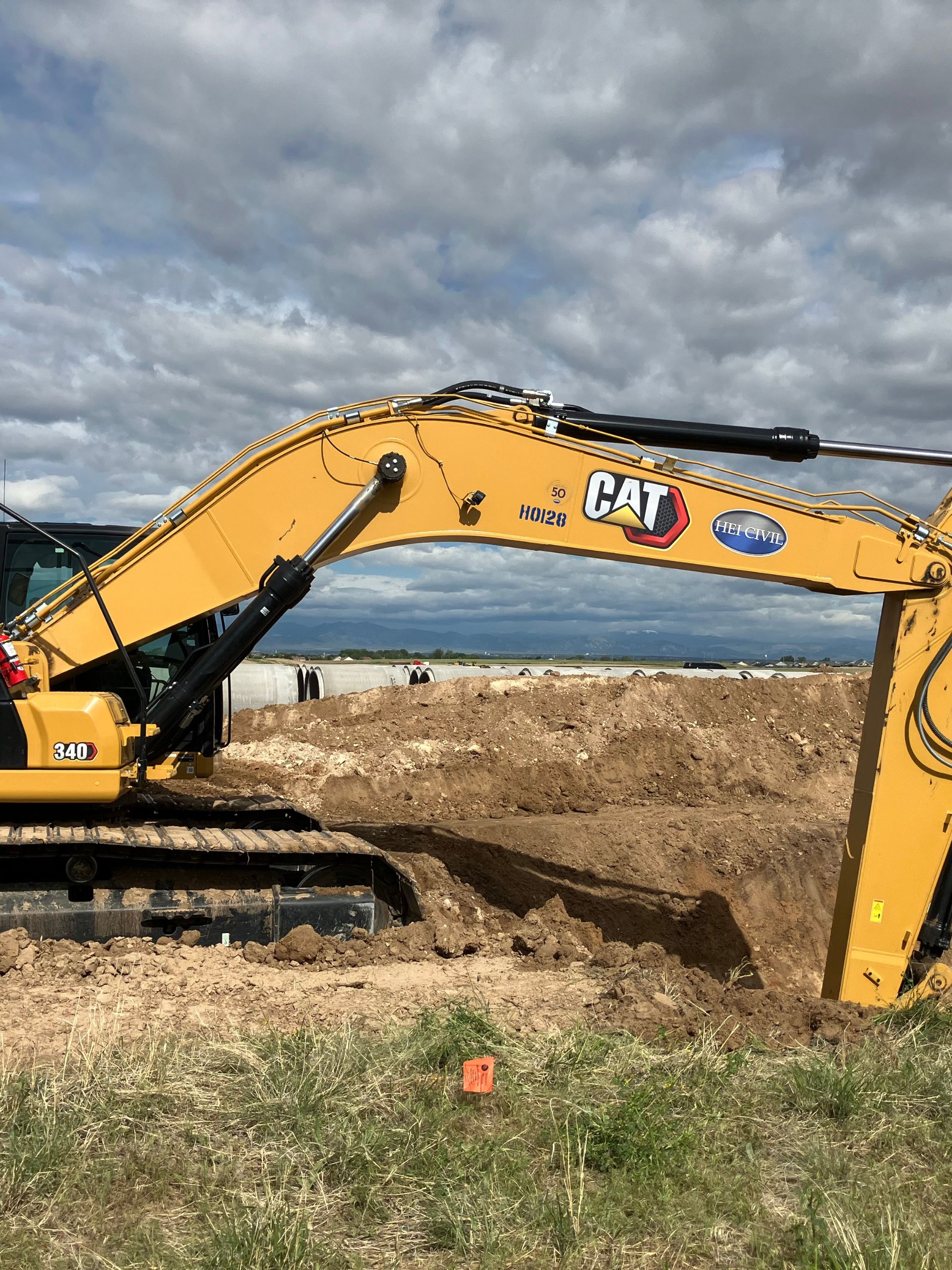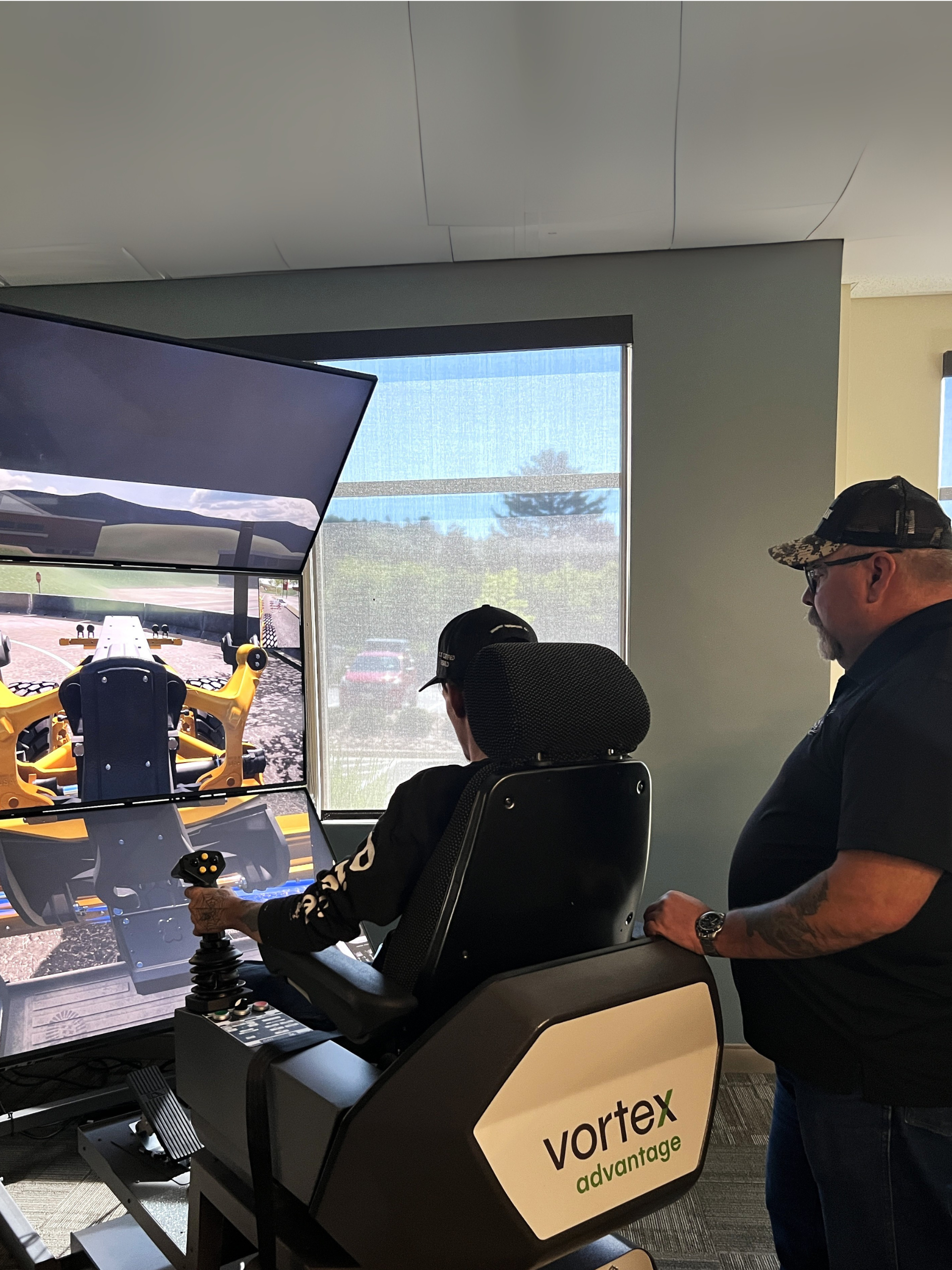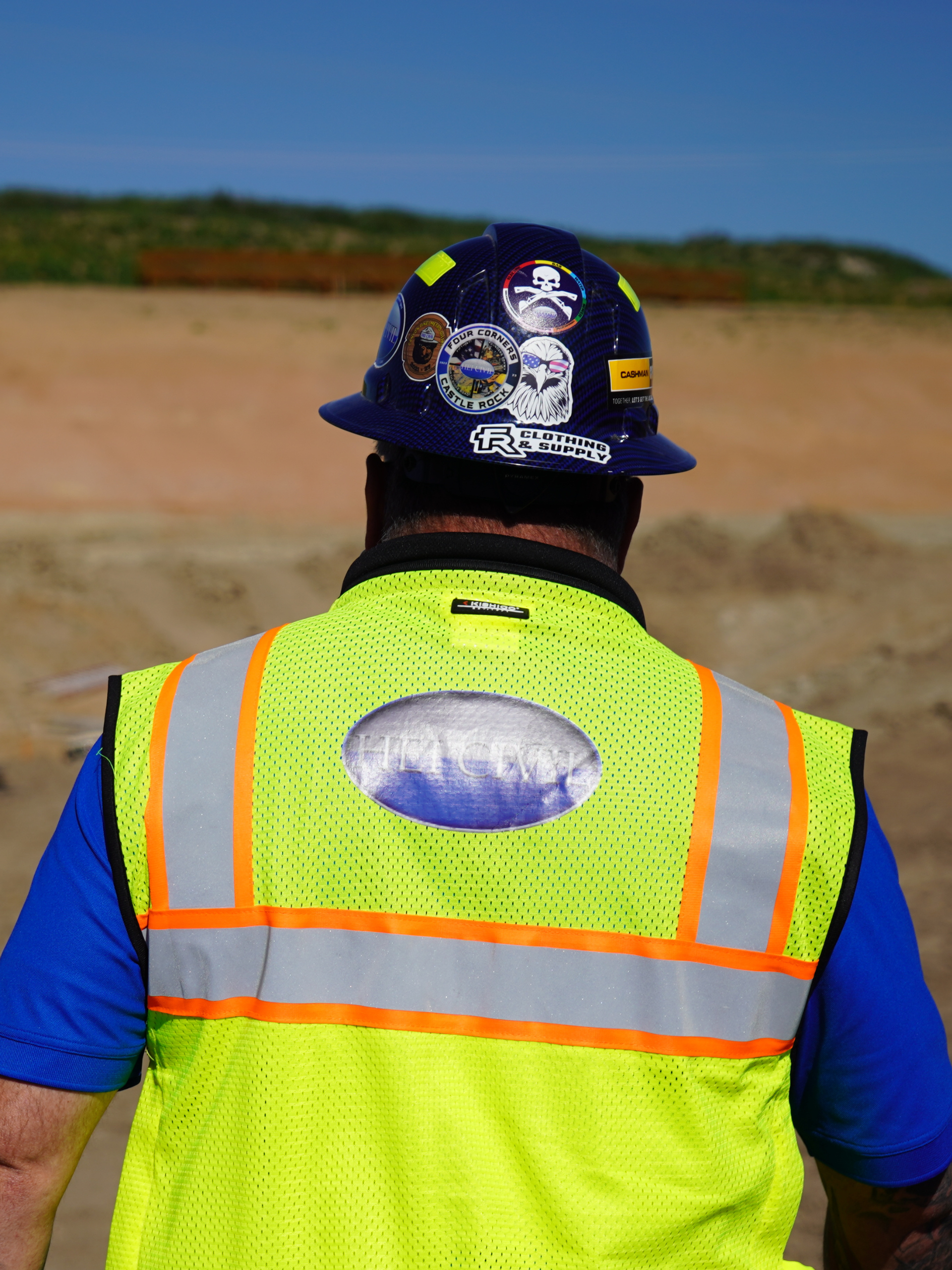The following is a guest feature blog post, written by Cayden, our Texas Project Management Intern. You can read the original post here.
From Blueprints to Excavation: My Role as a Project Management Intern
This summer, I’ve had the opportunity to serve as a Project Management Intern at HEI Civil, a heavy civil general contracting company. One of our current projects has done that especially, the Sandy Creek Water Treatment Plant. It has immersed me in the world of site development, utility installation, and real time construction problem solving. Beyond the visible equipment and concrete, I’ve learned just how much construction operations intersect with supply chain management.
Project management in a construction environment isn’t just about managing timelines or coordinating labor, it’s about navigating a very complex supply network that brings materials, equipment, and services together at exactly the right time. Every missing shipment or delayed approval creates more issues down the line. I quickly discovered that success on the job site depends on mastering these flows and anticipating disruptions before they happen.
Aligning Construction Execution with Supply Chain Strategy
My everyday responsibilities include verifying material deliveries, organizing RFIs and submittals, reviewing construction schedules, and communicating with vendors and subcontractors. Early on, I was involved in tracking the procurement and delivery of major piping and valve components for our stormwater and reclaimed water (RW) systems. This exposed me to the dependencies between procurement cycles and construction sequencing. For example, if 12-inch RW valves are delayed, the tie-in-valve to the utility line must be rescheduled, affecting further crews and progress payments from happening.
A specific challenge we faced was confusion over the supply scope of valve actuators for the treatment building. Core & Main, our vendor, indicated that certain items marked on the plan weren’t in their scope of work. Our project team had to dig into the specifications and coordinate with multiple vendors to verify responsibilities and avoid further delay. This issue taught me about the critical role of detailed scope management in supplier relationships and how misalignment can pose a serious risk to project flow.
Applying Supply Chain Principles to Real-World Problems
Several supply chain principles have shown up directly in my work:
- Lead Time Management: Understanding procurement schedules has taught me the impact of even minor delays. If critical materials, such as large RW valves, don’t arrive on time, excavation and utility installation can’t proceed.
- Total Cost Consideration: I’ve seen firsthand how cost isn’t just about price. It includes storage, handling, transport logistics, and the cost of rework when something doesn’t arrive as specified or a change order is needed.
- Supplier Coordination: Collaborating with vendors like Core & Main has given me experience in upstream communication, specification clarification, and scope definition, which are core skills in supplier relationship management.
Developing Leadership and Workplace Behavior Skills
This internship has strengthened my ability to lead cross-functional discussions, communicate project status with owners/subcontractors, and remain flexible when things don’t go as planned (which happens often in construction). By participating in daily foreman meetings and coordinating with superintendents, I’ve learned how vital clear communication and decision-making are for both operations and supply chain continuity.
Even more, working with superintendents and project managers has shown me how leadership on-site isn’t about control, it’s about enabling others to do their jobs by removing obstacles, improving workflows, and keeping information flowing. That leadership mindset applies directly to managing supply chain processes, where visibility and adaptability make the difference between delays and delivery.
Lessons So Far and Looking Ahead
The biggest takeaway from this experience has been how project management serves as the execution arm of the supply chain. It’s one thing to understand theoretical frameworks; it’s another to apply them to delayed shipments, changing site conditions, and evolving customer requirements in the field.
My time at HEI Civil has made one thing clear: supply chain management doesn’t just happen in warehouses and trucks. It happens in the dirt, on job sites, and in every coordination meeting. This internship has shown me just how interconnected these roles are.
As I continue this internship, I plan to expand my understanding of project scheduling software, submittal management, and cost tracking, each a lever that supports efficient supply chain execution in infrastructure projects.




